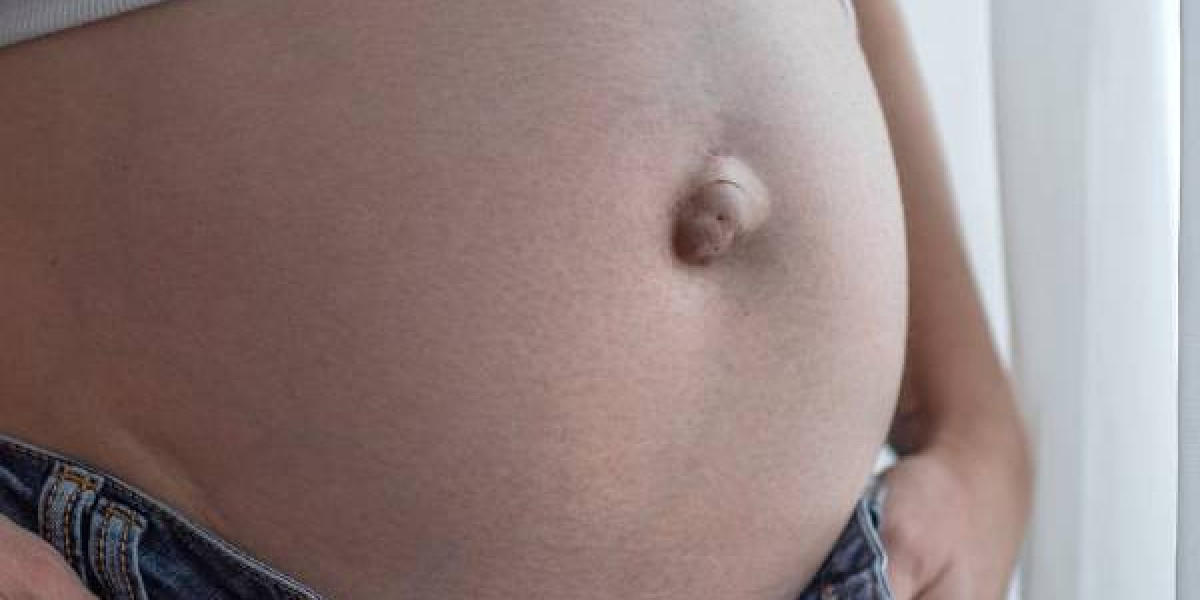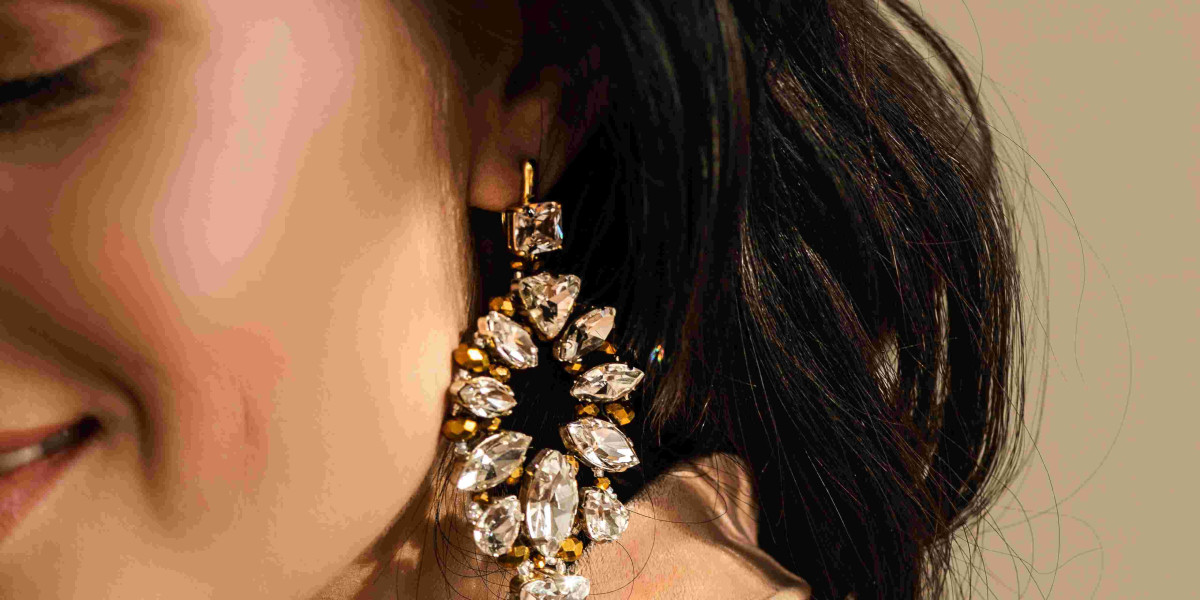If you’re seeking effective and reliable umbilical hernia treatment in Pune, Maharashtra, you’ve come to the right place. With a dedicated team of experienced gastroenterologists, GI surgeons, and state-of-the-art facilities, Kaizen Gastro Care, the best gastroenterology clinic in Pune, Maharashtra, offers a range of treatment options to address umbilical hernias. We understand that dealing with a hernia can be uncomfortable and disruptive to your daily life. That’s why our expert team of gastroenterologists and surgeons is dedicated to providing comprehensive care and effective treatment options to relieve your symptoms and restore your well-being.
At Kaizen Gastro Care, we prioritize patient-centered care and employ the latest advancements in medical technology to ensure superior outcomes. We are committed to delivering the highest standard of care, ensuring your comfort, and helping you regain a healthy, hernia-free life.Our expert Hernia Surgeon in Pune, Maharashtra, Dr. Samrat Jankar has conducted 1000+ hernia repair surgeries via laparoscopy, the most best and cutting-edge surgical method. He successfully treated thousands of patients, fixing their daily functions whilst removing discomfort and pain.
Read on as Dr. Samrat Jankar Best umbilical hernia Doctor in Pune, Maharashtra, explore the symptoms, causes, and advanced treatment options of this condition, and why you might need to see one of our best Hernia specialist in Pune, Maharashtra. Rest assured, you can find the expert care you need to regain your comfort and overall well-being.
What is an Umbilical Hernia?
An umbilical hernia happens when there is a weakness or opening in the muscles around the navel (belly button), leading to the protrusion of abdominal tissue or organs. It can occur in both infants and adults, though it is more commonly observed in newborns and women who have been pregnant. Umbilical hernias are usually painless, but they can cause pain and worry due to the visible bulge and the possible risk of complications.
What are the Types of Umbilical Hernias?
There are two primary types of umbilical hernias:
- Infantile Umbilical Hernia: This type of umbilical hernia occurs in infants and young children. It is the most typical form and usually arises shortly after birth or within the first few months. Infantile umbilical hernias are typically small and tend to resolve on their own as the abdominal muscles strengthen and close the opening. They are rarely painful and often disappear by the age of 1 to 2 years without the need for remedy.
- Adult Umbilical Hernia: Adult umbilical hernias form in people who are older than 18 years. These hernias can occur due to various factors such as obesity, multiple pregnancies, chronic cough, heavy lifting, or earlier abdominal surgery. Adult umbilical hernias are more likely to persist and may slowly rise in size over time. They can cause a noticeable bulge or lump near the belly button area, which can be pushed back in or may become more prominent with certain activities. While adult umbilical hernias are usually not painful, they may require surgical repair if they become larger, more painful, or incarcerated
What are the causes of Umbilical Hernia?
According to Dr. Samrat Jankar, a renowned umbilical hernia specialist in Pune, Maharashtra, The causes of umbilical hernias can vary depending on the age group affected. Here are the main causes for each group:
1. Infantile Umbilical Hernia:
- Incomplete closure of the abdominal muscles: During fetal development, the abdominal muscles may fail to fully close around the umbilical cord, leaving a weak spot in the abdominal wall. This permits the intestines or fatty tissue to protrude through, resulting in an umbilical hernia.
2. Adult Umbilical Hernia:
- Weak abdominal muscles: In adults, the primary cause of umbilical hernias is weakened abdominal muscles. Elements that can contribute to muscle weakness include:
- Obesity: Excess weight and improved pressure on the abdomen can weaken the abdominal muscles, leading to hernia formation.
- Pregnancy: Pregnancy can stretch and weaken the abdominal muscles, making women more prone to formulating umbilical hernias, particularly if they have multiple pregnancies.
- Chronic cough or respiratory conditions: Ailments that cause ongoing coughing, such as chronic bronchitis or cystic fibrosis, can strain the abdominal muscles and increase the risk of hernia formation.
- Heavy lifting: Regularly lifting heavy objects without proper method or abdominal support can contribute to the development of umbilical hernias.
- Previous abdominal surgery: Surgical incisions in the abdomen weaken the abdominal muscles, making hernias more likely to occur around the umbilical area.
What are the Signs & Symptoms of Umbilical Hernias?
The signs and symptoms of umbilical hernias can vary depending on the size of the hernia and the person. Here are some common signs and symptoms associated with umbilical hernias:
- Bulge or swelling near the belly button (umbilicus)
- Discomfort or pain
- Redness or discoloration
- Nausea and vomiting
- Belly button to protrude or become enlarged
How Umbilical Hernia is Diagnosed at Kaizen Gastro Care?
When you come to Kaizen Gastro Care, Wakad for an Umbilical Hernia condition or pain diagnosis the Kaizen Hernia experts do the diagnosis in different ways such as:
- Medical history: Samrat Jankar will begin by discussing your symptoms, medical history, and any factors that may contribute to the development of a hernia, such as previous abdominal surgeries or pregnancy.
- Physical examination: During the physical examination, Dr. Samrat Jankar will examine the area around your belly button. They may ask you to stand, lie down, cough, or strain to observe the bulge and assess its size, location, and any associated symptoms. They will also check for signs of complications, such as redness, tenderness, or discoloration.
- Additional tests: In most cases, additional tests are not necessary for diagnosing an umbilical hernia. However, if there are troubles with the hernia’s size, contents, or potential complications, Dr. Samrat Jankar may order imaging tests such as an ultrasound or CT scan. These tests can provide more detailed information about the hernia and help rule out other conditions.
Umbilical Hernia Treatment in Pune:
At Kaizen Gastro Care, we offer a range of advanced treatment options for umbilical hernias. Our expert surgeons utilize the latest techniques and technologies to provide effective and minimally invasive solutions. The treatment approach may vary depending on the size of the hernia, symptoms, and individual patient factors.
- Observation and monitoring: In infants and children with small umbilical hernias that are not causing any symptoms, the healthcare provider may recommend a wait-and-watch approach. Most infantile umbilical hernias resolve on their own as the abdominal muscles strengthen and close the opening. Regular check-ups with the healthcare provider are typically scheduled to monitor the hernia’s progress and ensure there are no complications.
- Non-surgical management: In certain cases, small umbilical hernias may not require immediate surgery and can be monitored closely. Our expert physicians will carefully assess your condition and recommend appropriate non-surgical options such as lifestyle modifications, weight management, and the use of supportive garments to alleviate discomfort and prevent hernia progression.
- Surgical repair: For larger or symptomatic umbilical hernias, surgical intervention may be necessary to repair the abdominal wall defect and prevent potential complications. At Kaizen Gastro Care, we specialize in minimally invasive hernia repair techniques, including laparoscopic surgery or robotic-assisted surgery, which offer numerous benefits such as smaller incisions, reduced pain, faster recovery, and minimal scarring.
- Robotic Surgery: The latest, most advanced technique, offering precision, faster recovery, reduced pain, and minimal scarring. With robotic surgery, Dr. Jankar can perform highly precise procedures using tiny instruments, providing better outcomes for patients.
- Postoperative Care and Rehabilitation: Following umbilical hernia surgery, our reliable medical team provides comprehensive postoperative care and rehabilitation guidance. We will monitor your recovery, offer personalized dietary recommendations, prescribe pain management strategies, and advise on the gradual resumption of activities to ensure a smooth and successful recovery.
What happens if the umbilical hernia is untreated?
- Incarceration: An umbilical hernia can become incarcerated, which means the herniated tissue becomes trapped outside the abdominal wall and cannot be easily pushed back in. This can lead to complications such as pain, tenderness, swelling, and an improved risk of tissue damage.
- Strangulation: If the herniated tissue becomes strangulated, it means that its blood supply is cut off. Strangulated umbilical hernias require immediate medical intervention and emergency surgery to restore blood flow and prevent further complications.
- Bowel obstruction: In some cases, the herniated intestine can become twisted or kinked within the hernia sac, leading to a bowel obstruction. It requires prompt medical attention and may necessitate surgical intervention to ease the obstruction.
- Increased size or discomfort: Untreated umbilical hernias, especially in adults, have the potential to gradually increase in size over time. This can lead to a more noticeable bulge or lump near the belly button area.
Why Choose Kaizen Gastro Care for Umbilical Hernia Treatment in Pune?







